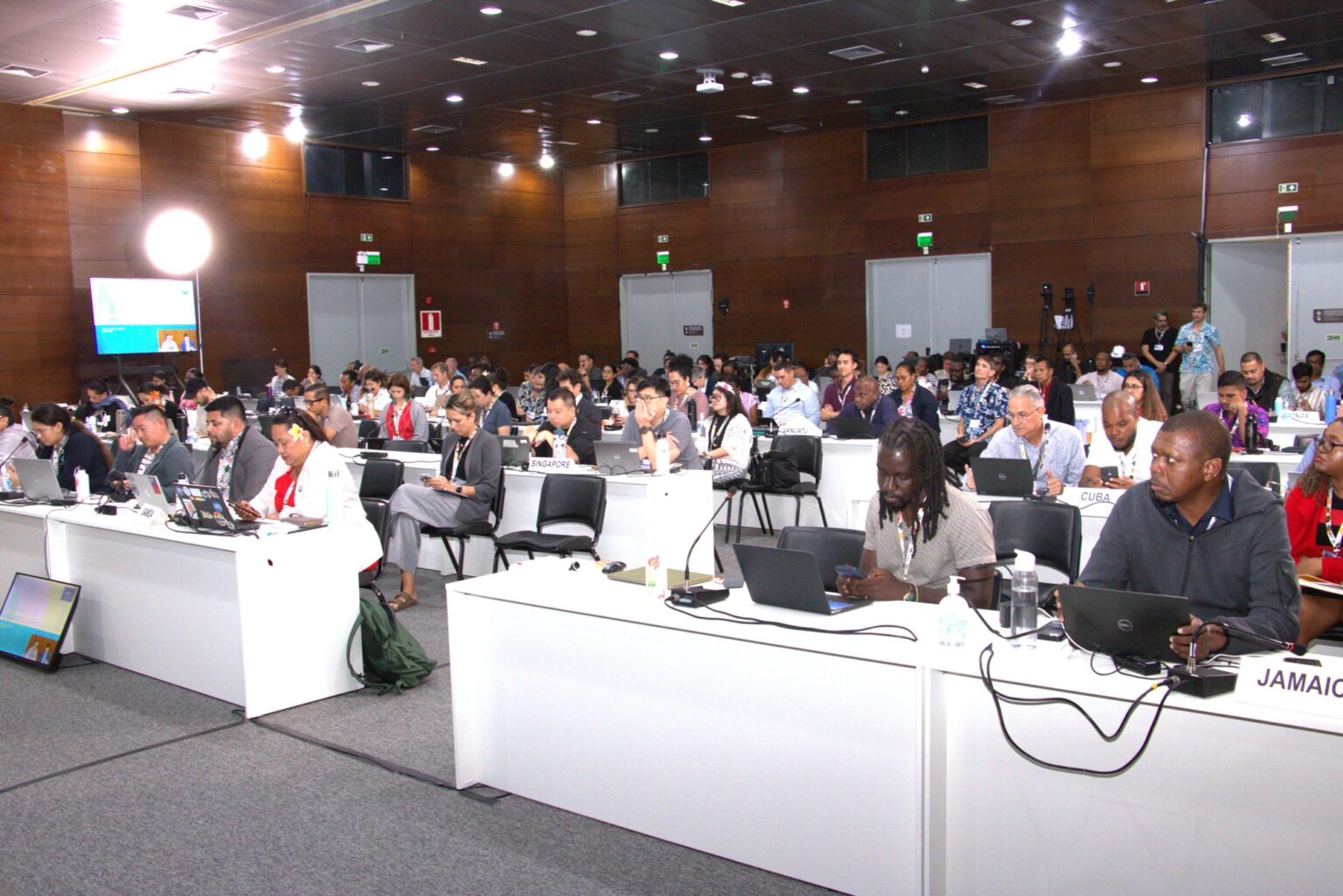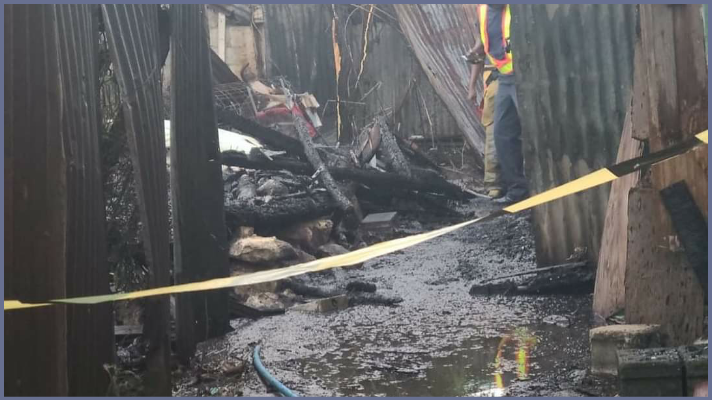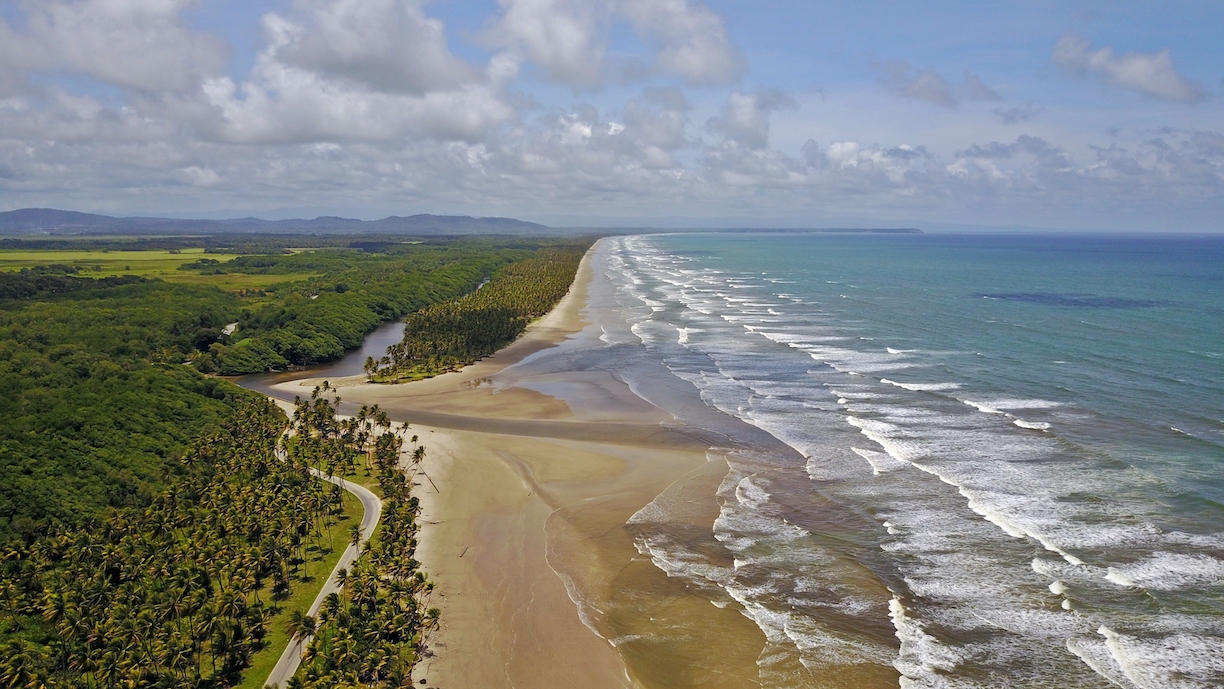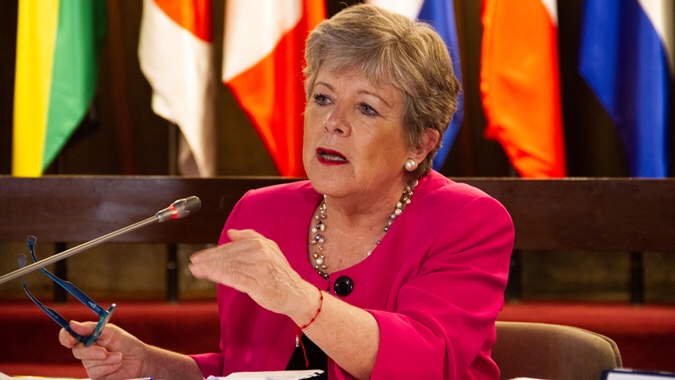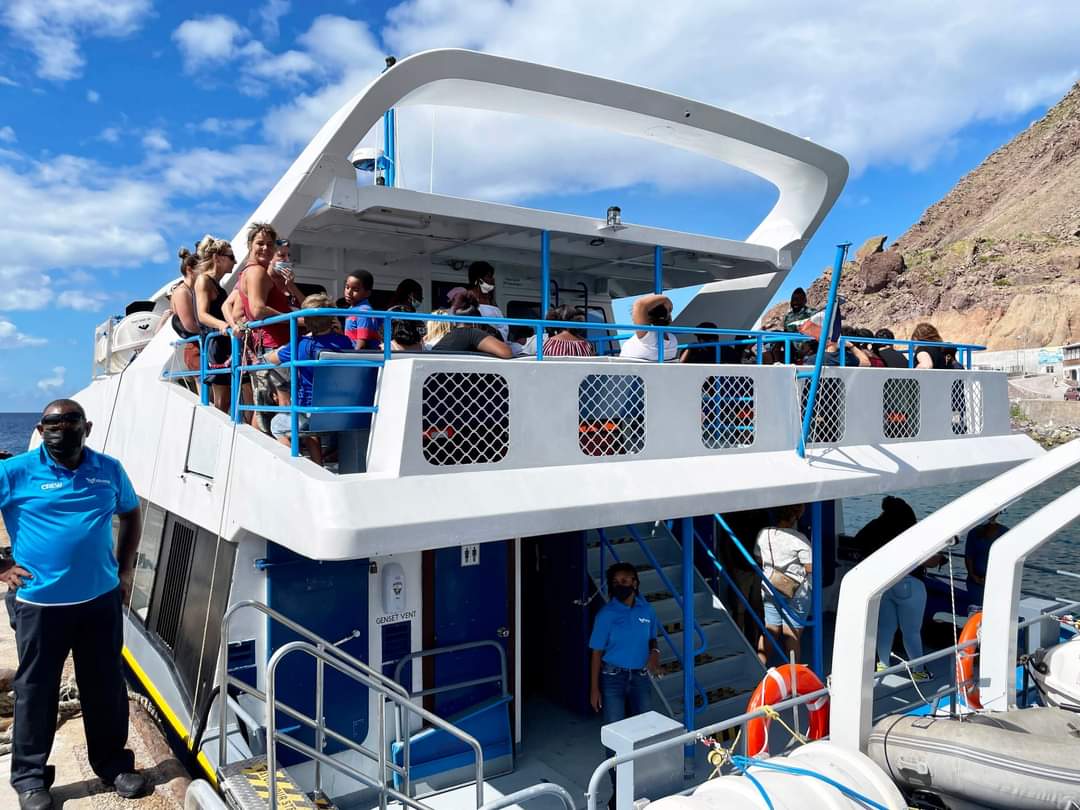“Our world’s 1.5°C turning point is here”: AOSIS proposes new COP30 agenda item: “Responding to the NDC Synthesis Report and Addressing the 1.5°C Ambition and Implementation Gap”
Belem, Brazil: Friday 7th November, 2025
As countries converge in Brazil for the landmark United Nations climate change conference, the Alliance of Small Island States (AOSIS) is taking bold action to ensure that COP30 is a turning point that can realign global efforts with the 1.5°C temperature limit. This global warming limit remains vital for the sustainability of small island developing states (SIDS) and other vulnerable nations, yet the window for keeping 1.5°C alive is rapidly closing. AOSIS is calling on countries to explicitly address the alarming gap with its proposal for a new agenda item: “Responding to the NDC Synthesis Report and Addressing the 1.5°C Ambition and Implementation Gap.”
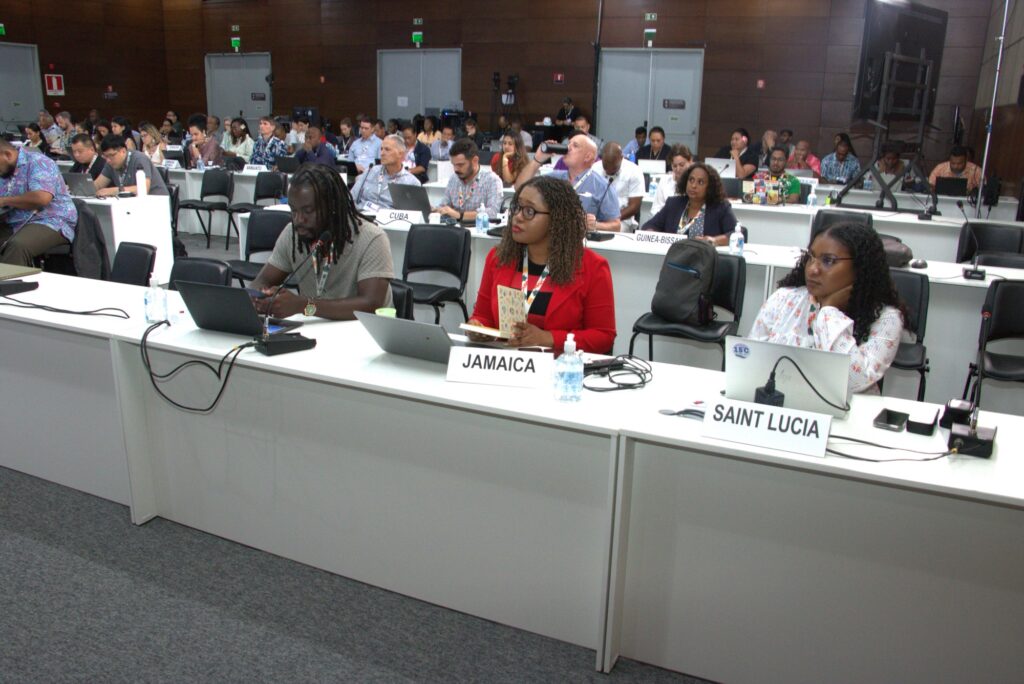
Following two intensive days of strategy and solidarity at the COP30 SIDS Preparatory Days on November 6th – 7th, AOSIS members have expressed that their countries can no longer endure the excuses of bigger countries while SIDS struggle with debilitating losses from disproportionate climate change impacts. The proposed new agenda item will be key to ensuring that COP30 delivers the course correction the world urgently needs.
According to the AOSIS Proposal which was submitted in October, 2025:
“The latest NDC Synthesis Report will likely confirm that the current collective effort remains far from the trajectory required to keep 1.5°C within reach. The existing ambition and implementation gap demands a structured political and technical response under the UNFCCC/Paris Agreement process that is capable of accelerating action in the Pre 2030 period.”
The UNFCCC NDC Synthesis Report did indeed reveal that current commitments fall drastically short of what is needed to achieve the 1.5°C goal. With only 64 countries – representing 30% of global emissions – having submitted their new NDCs, the global community is hurtling towards a future of irreversible damage, including the escalating loss and damage that small islands are already facing.
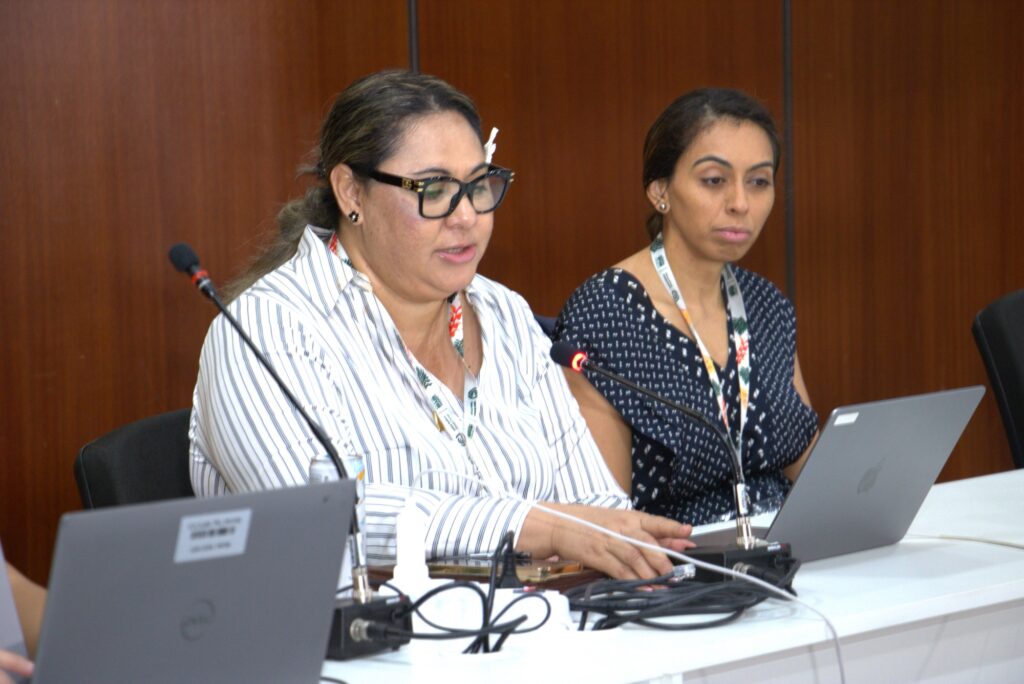
AOSIS’ proposed agenda item aims to create a dedicated space under the CMA to acknowledge the alarming findings of the UNFCCC NDC Synthesis Report and to agree on concrete follow-up actions that accelerate ambition and implementation before 2030.
“We are proposing this agenda item because the world’s current trajectory toward climate catastrophe is unacceptable – morally, scientifically, and legally,” said Ambassador Ilana Seid, AOSIS Chair. “COP30 must respond to the reality that our collective commitments are far off course. Small islands are paying the highest price for inaction, as we see right now in Jamaica’s devastating experience with Hurricane Melissa.”
As the SIDS Preparatory Days underscored, mitigation remains one of AOSIS’s highest priorities both in terms of ambition and implementation. Ambitious 1.5°C-aligned country targets must be matched by enhanced climate finance, scaled-up adaptation support, and equitable pathways for a just transition.Without urgent financial and technical backing for developing countries, the 1.5°C target will remain out of reach.
“For small island nations, this is not about negotiation tactics – it’s about survival,” said Ambassador Seid. “COP30 must be remembered as the moment the world decided to act, together, to secure a liveable future.”
AOSIS reiterates that failure to act decisively at COP30 would be a legal and moral failure of the international community. The Alliance stands ready to work constructively with all partners to ensure that Belem becomes the birthplace of renewed global ambition and implementation toward the 1.5°C goal.
About AOSIS:
Since 1990, AOSIS has represented the interests of the 39 small island and low-lying coastal developing states in international climate change, sustainable development negotiations and processes. As a voice for the vulnerable, its mandate is more than amplifying marginalised voices as it also advocates for these countries’ interests. In terms of size, AOSIS closely resembles the countries it represents on the global stage, but often punches far above its weight, negotiating historic global commitments to cut greenhouse gas emissions, among other achievements.

